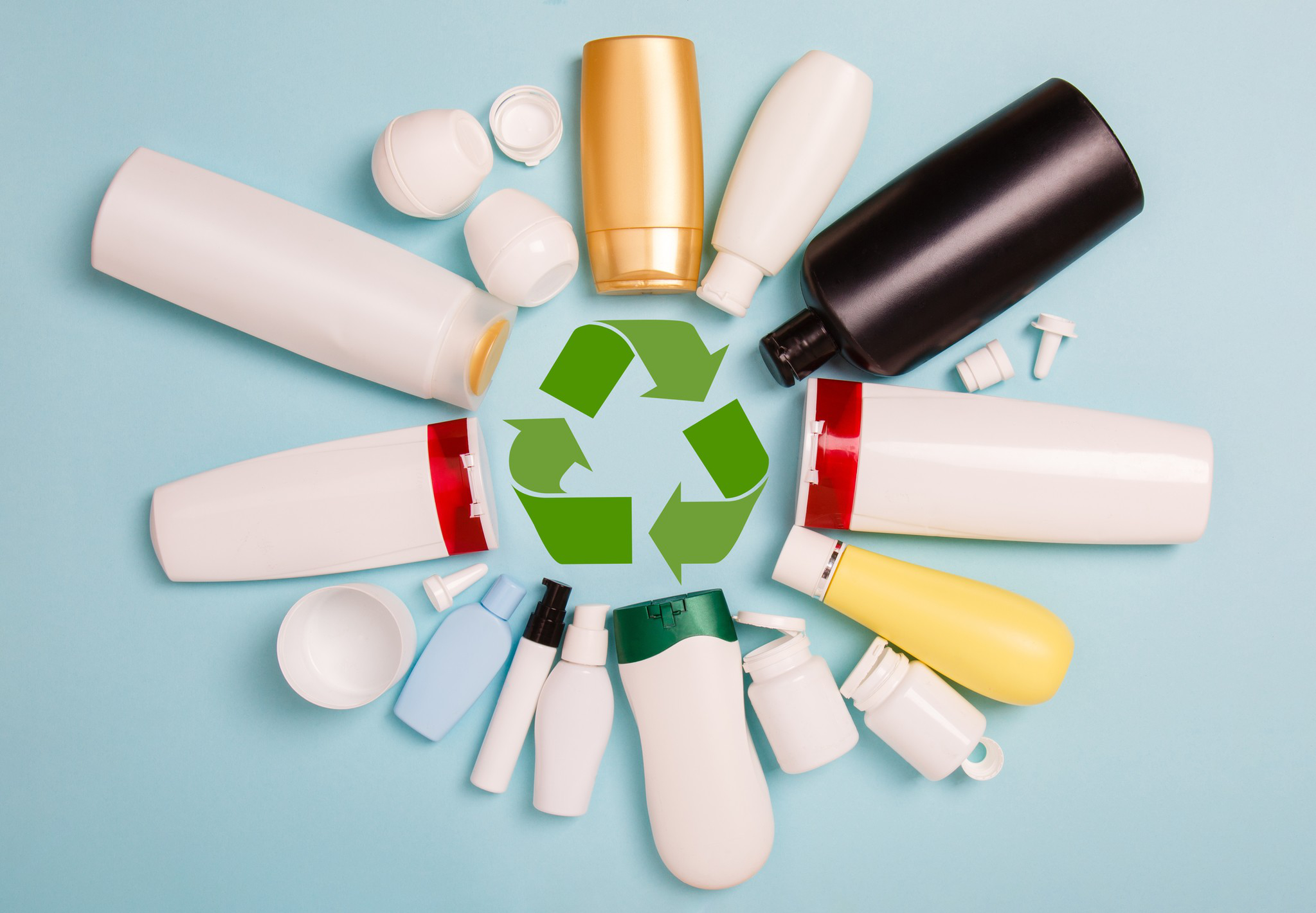In view of the steadily growing demands regarding process safety, product quality, and sustainability, recyclates are becoming increasingly important as raw materials for new plastic products. This is also true for the production of preforms, plastic bottles, and blow-molded parts. However, for plastic processors, the challenge remains to deal with lower-quality input materials. With the right process technology, such as sophisticated material analysis systems, metal detectors, and recovery systems, plastic processors can safely purchase and process recyclate of lower quality without machine damage and quality deficiencies.
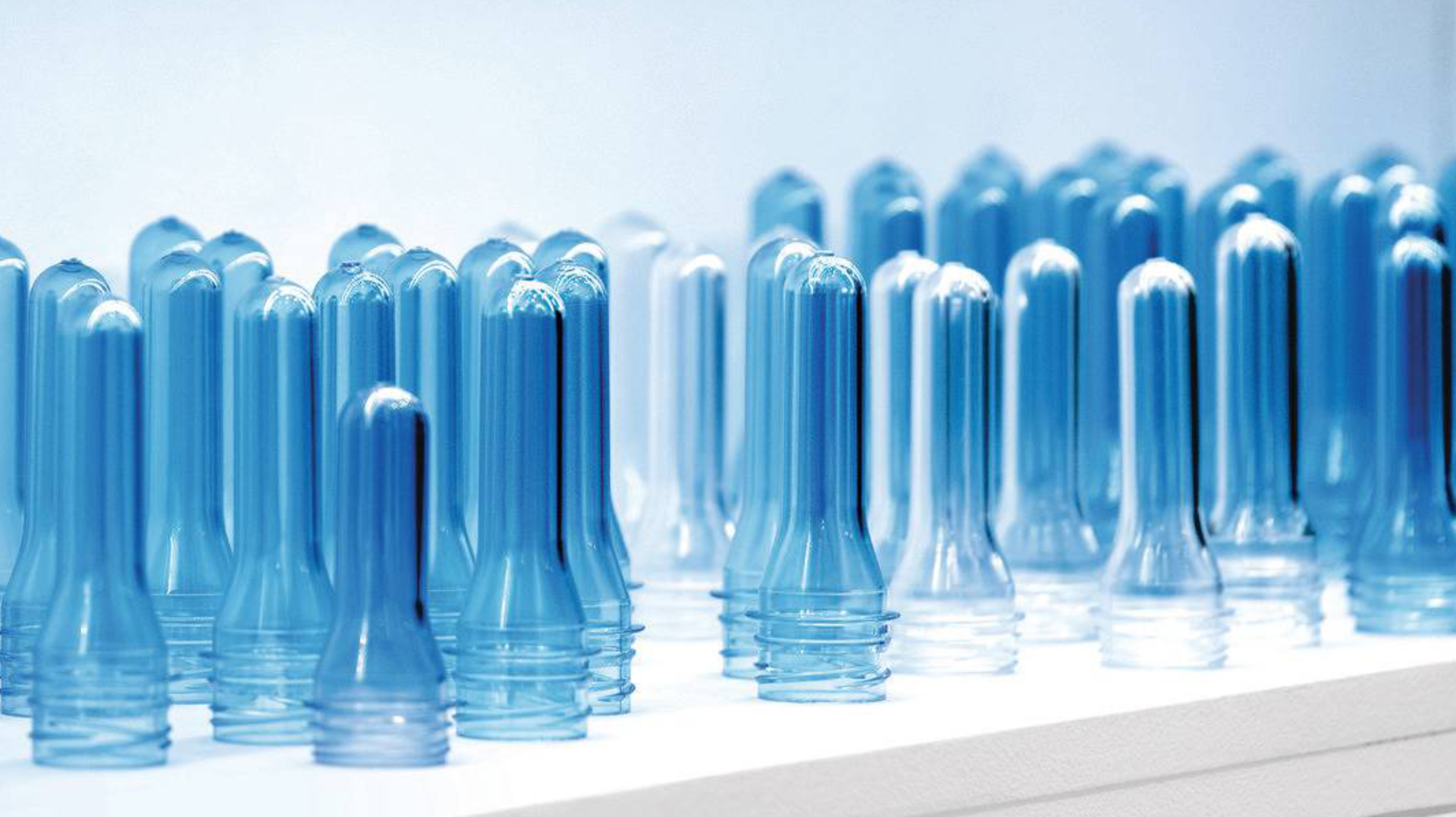
What is a preform?
A preform is an intermediate product that is blown into a container in the next step. Preforms differ in terms of their neck, weight, shape, and color and are individually tailored to the customer's requirements.
The most common form is the so-called PET preform. A PET preform, also called PETling or PET preform, is the injection-molded precursor of the commonly known PET bottle.
What is a blow molded part?
Blow-molded parts are hollow components made of thermoplastic plastic, which are produced using the so-called blow molding process. In this process, the plastics are first introduced into a mold and then inflated with compressed air to achieve the desired shape and size. The blow molding process allows for the production of products in high quantities. The plastics most commonly used in this process are PE-HD, PP, PE-LD, and PVC. Blow-molded parts are used in various industries and include plastic bottles, canisters, fuel and expansion tanks, as well as washer fluid containers.
The use of recyclate in preforms, blow-molded parts, and plastic bottles
The use of recyclate in preforms, blow-molded parts, and plastic bottles is an important contribution to the circular economy and sustainability. Not only legislators, but also customers are increasingly demanding the use of recyclates in the production of new products. However, the market for high-quality recyclate is very limited, making it more expensive compared to new material. For this reason, many plastic processors purchase lower-quality recyclate at cheaper prices in order to remain profitable. Therefore, it is very important to thoroughly inspect and analyze the incoming material before processing. The better the quality of the starting material, the more efficient the further processing.
Furthermore, contaminated recyclate can have far-reaching effects if the contaminants go undetected. For example, if they leave residues in the recycled products, it can lead to complaints, which means additional effort and costs for the manufacturers. If the foreign bodies are metallic, it can even cause damage to the production equipment. This results in significant costs for the plastic processing companies.
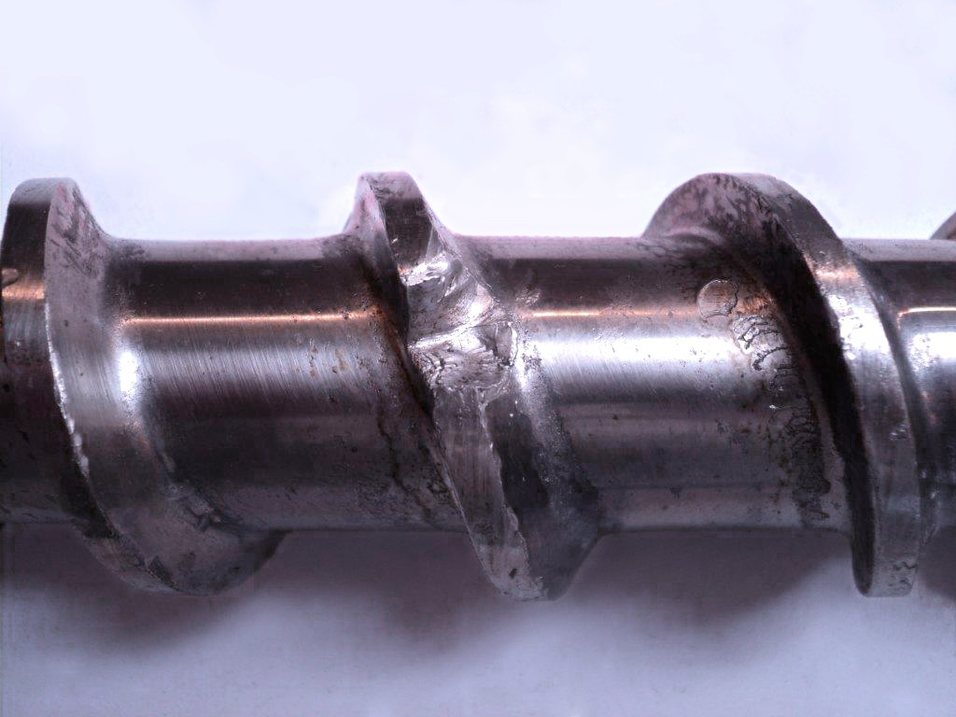
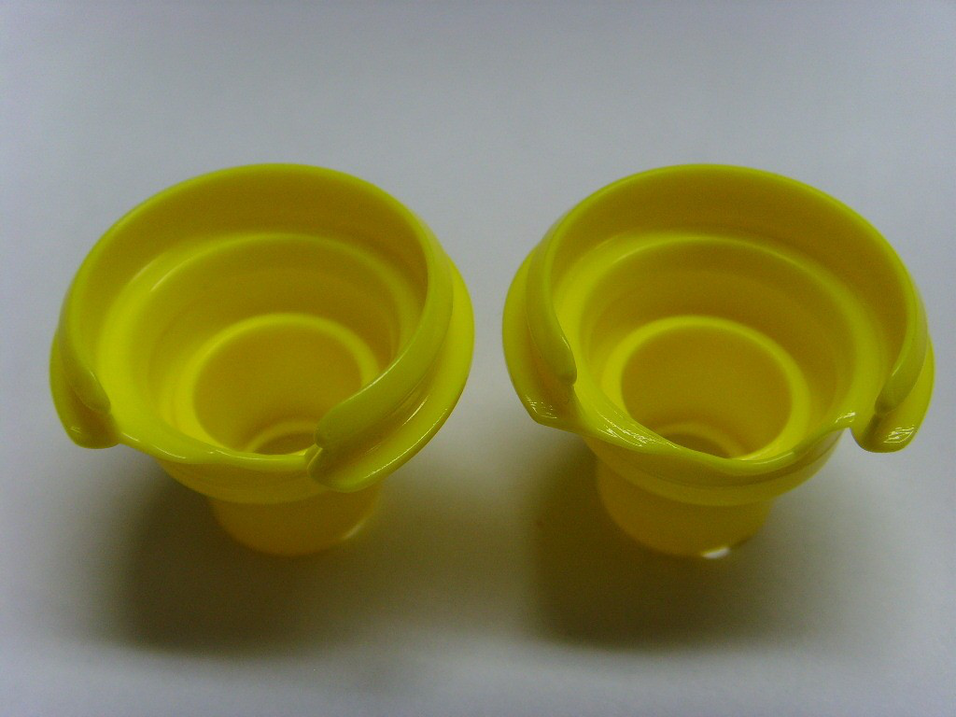
Automatic analysis systems enable a quick and thorough quality analysis of incoming materials. However, the use of appropriate inspection technologies is also crucial in the further processing process. For users of equipment such as injection molding or blow molding machines, for example, continuous operation is enormously important for profitability. Here, even the smallest metal parts can cause significant damage by clogging melt filters, hot runners, and nozzle tools, blocking non-return valves, or damaging plasticizing screws and cylinders. To avoid this, the use of metal detectors and separators at the beginning and at critical points of production is recommended.
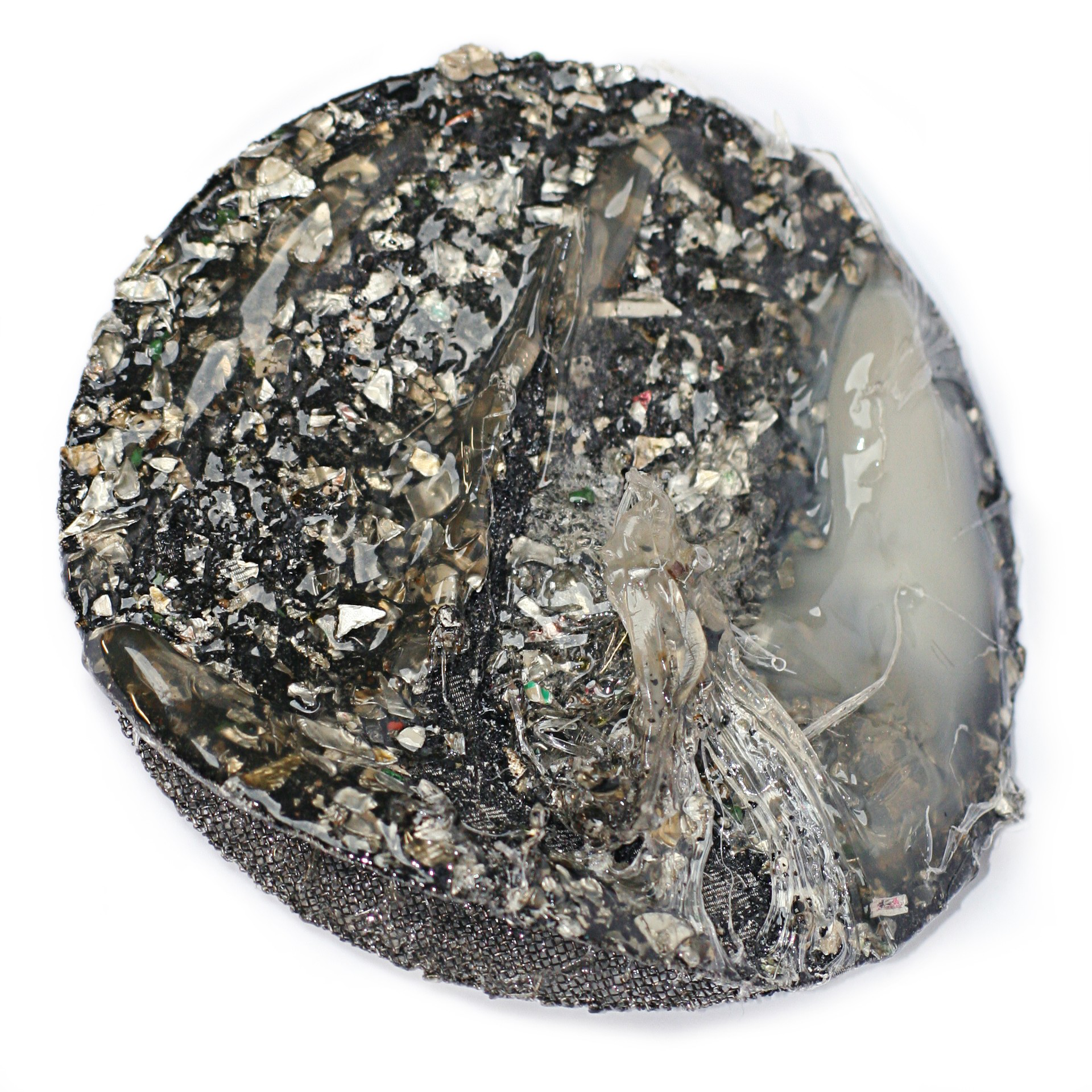
If potential contaminants are detected and removed in a timely manner, not only are process continuity and productivity increased, but damage that could put the machine out of operation for days can also be avoided. By using the right process technology, plastic processors can not only purchase and process recyclates without risk but also increase the profitability of their production.
Conclusion
Sustainability requirements and increasing customer demands require an increased use of recyclates in the production of new products. However, plastic processors often face the challenge that not enough high-quality recyclate is available and lower quality grades have to be processed. Precise control of the recyclate is therefore of great importance to avoid contamination and ensure the quality of the input material.
Even during the processing phase, the application of the right process technology is crucial to ensure the protection of the machines, and thus safety throughout the entire production process. Innovative material analysis systems, metal detectors with integrated separating unit, and recovery systems help achieve higher material efficiency and quality assurance of the final product. Manufacturers of foreign body inspection systems are therefore important partners in material preparation and material efficiency.

